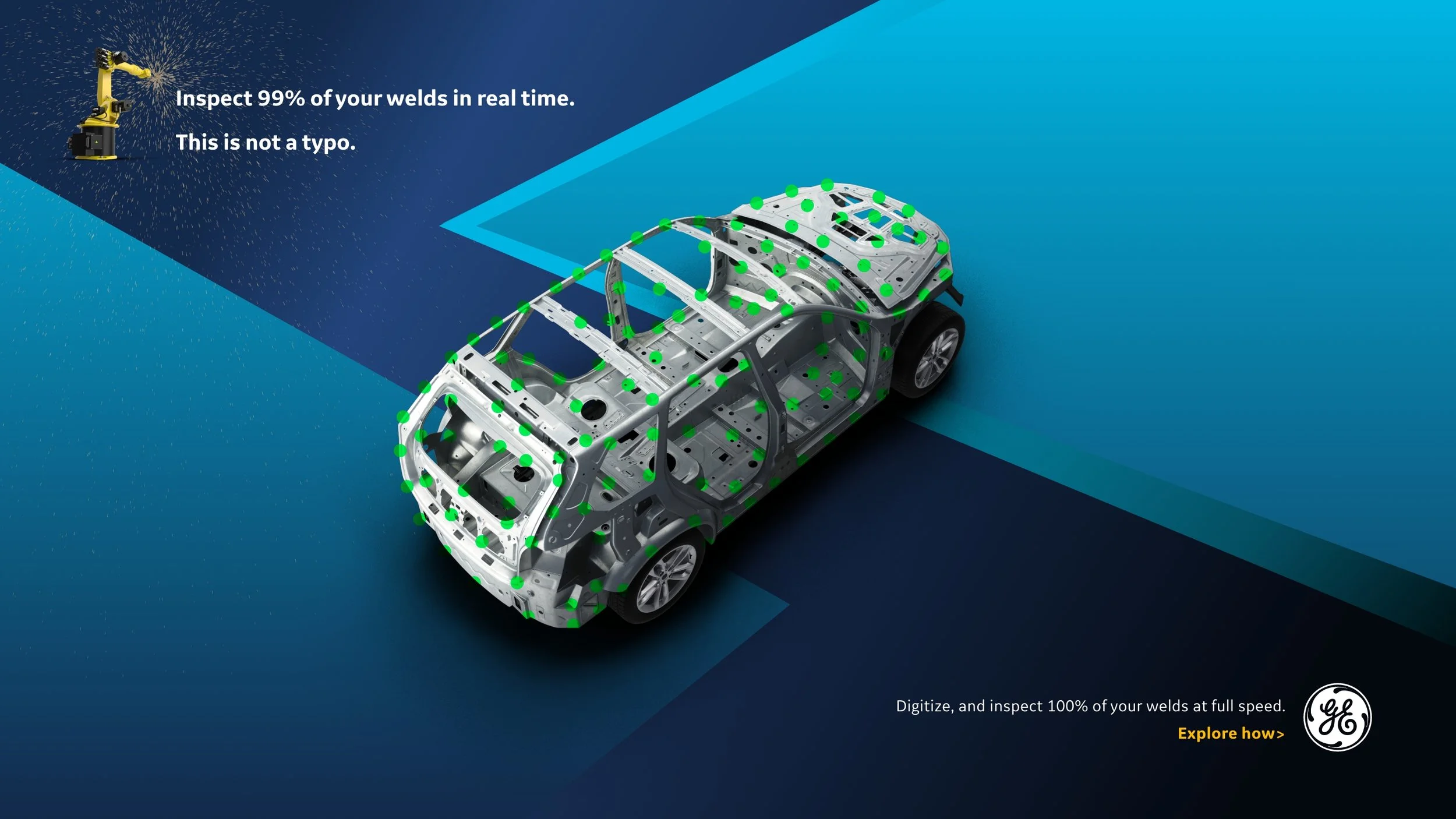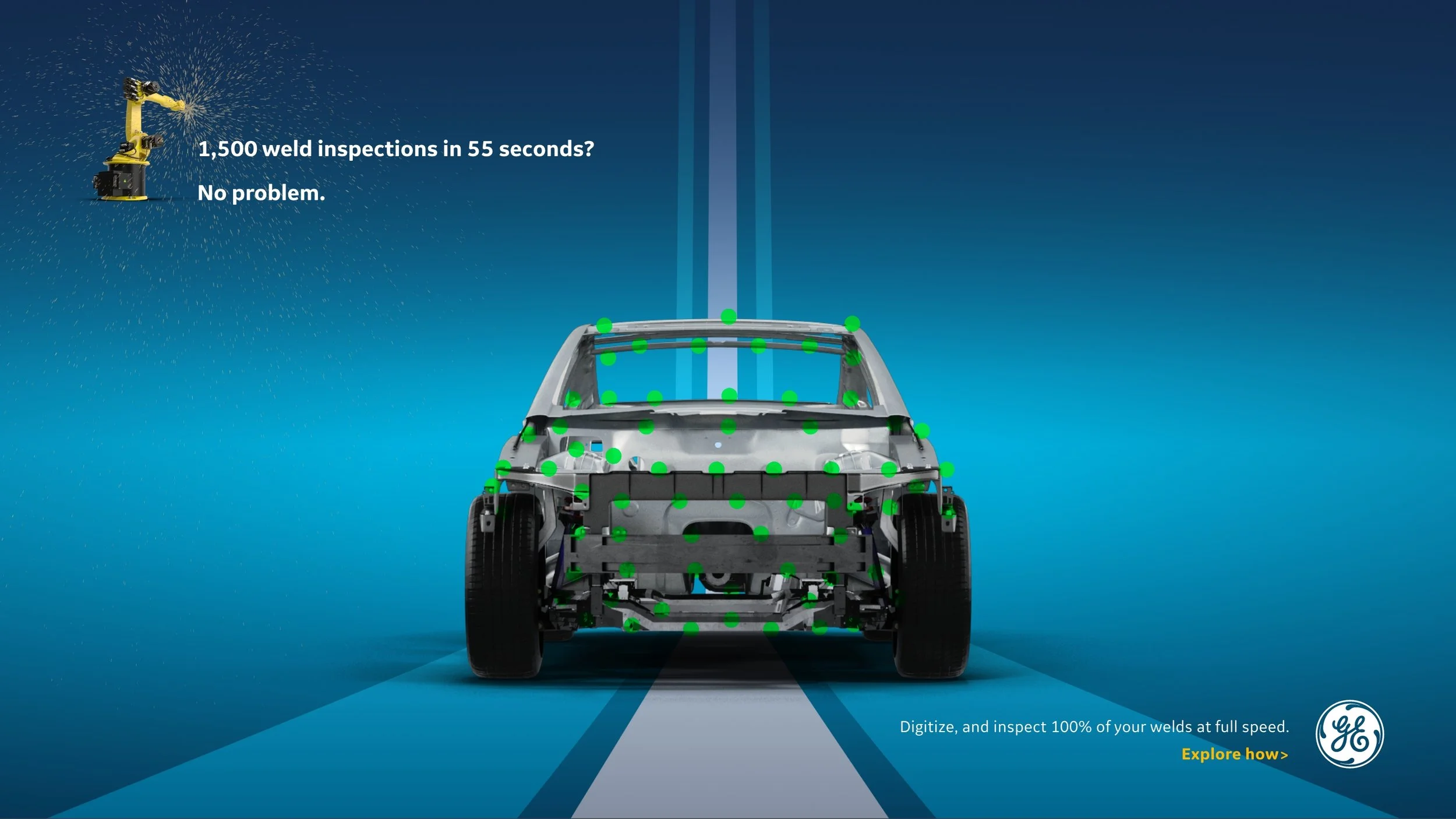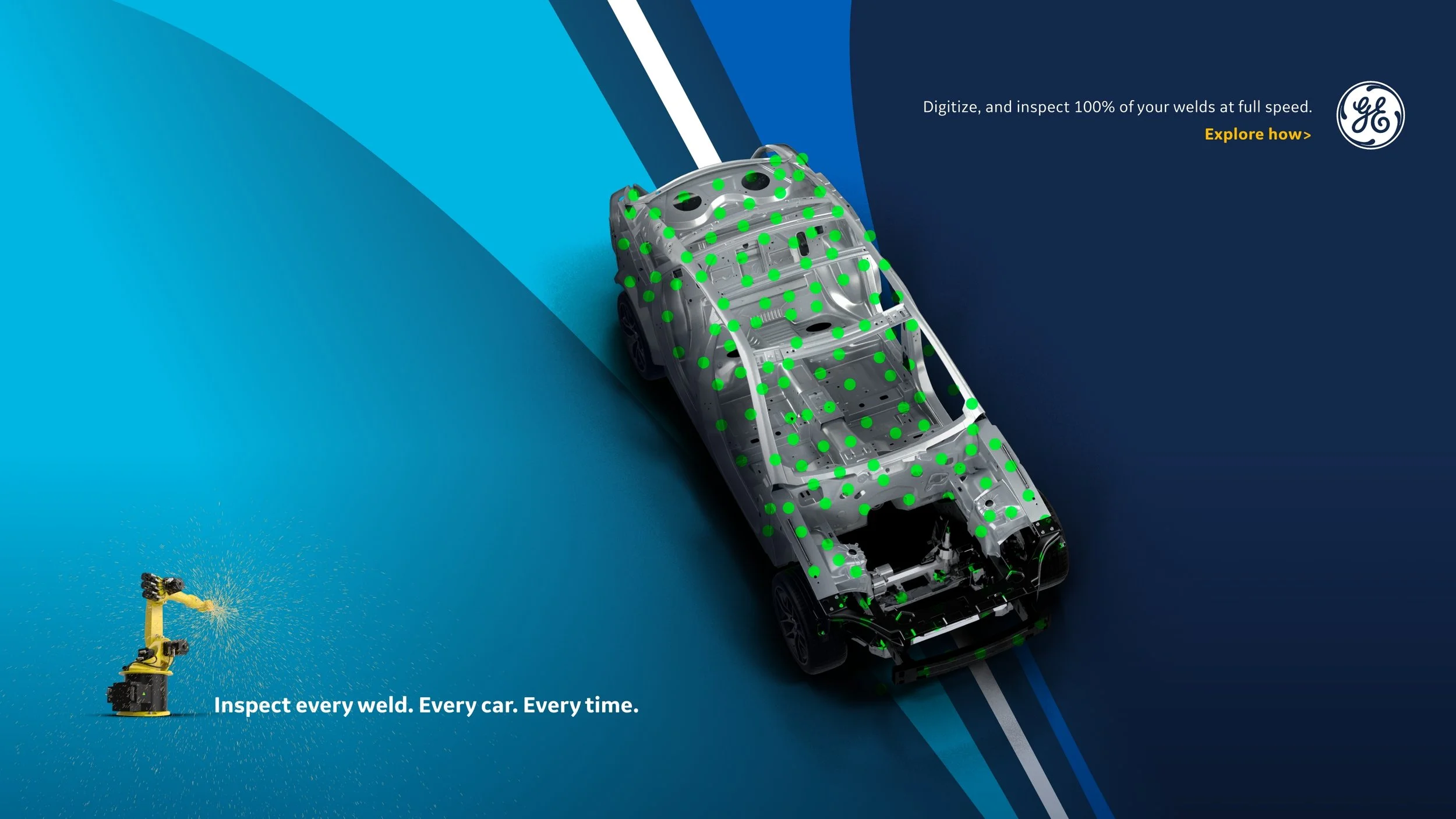How to Stay Inspired When Only 1/3 of Your Ideas are Approved
Something we learn at an early stage as creative professionals is that not every campaign we present gets approved. It’s just how it goes. Maybe there’s a subtle reason why the concepts don’t work, or perhaps the client identifies an angle that wasn’t clear until after the creative was presented. Whatever the reason, we try to remember that the creative journey is one of exploration and enjoyment; and that when the time comes, we'll graciously let go of unapproved ideas and move forward.
On average we present three concepts for every one that is approved. That means that only a third of our work gets to market. Yet, as a batting average, .333 would put us among some impressive career heavy hitters. Knowing that the majority of your work is destined to end up on a dusty back-up hard drive shouldn’t deter from what is a fun process of coming up with new ideas while pursuing excellence.
There are several important steps one can take to set up more successful presentation. For starters, having a good creative brief is essential to avoiding missteps. Creative briefs are hugely helpful to identify strategy gaps or even set up creative guard rails. We also like to tell clients what they are going to see ahead of time. As a rule of thumb, we usually show one direction that pushes the boundaries, one direction in the middle, and one that could be considered safe. We also refer back to the creative brief at the beginning of any presentation to get everyone on the same page.
After the presentation is done, we ask clients to be descriptive in their feedback. This serves two purposes. First, it helps keep the feedback more positive which can often lead to the advancement of an idea, and second, it helps to tie the feedback to the objectives set in the creative brief. As tempting as it can be, relying on personal subjective opinions does not necessarily align with the effort that goes into developing a solid marketing strategy. That said, really trying to listen to honest criticism and feedback is the first step in a healthy creative partnership.
At the end of the day, it’s a collaborative process from beginning to end. We believe that every project is an opportunity to do great work and that optimism helps us stay inspired.
One of our favorite campaigns from 2023 was a promotion for GE’s weld inspection software. Conceptually speaking, it’s about inspecting auto body welds faster and more accurately. Inspired by Formula 1 racing, the campaign uses a linear dynamic design to imply movement while highlighting each individual frame.
Some snappy headlines (written by humans) help drive home the idea of quantity, speed, and quality.
By using 3D objects, we were able to create a variety of compositions.
Clean imagery works well at even smaller sizes.
eBook Cover







